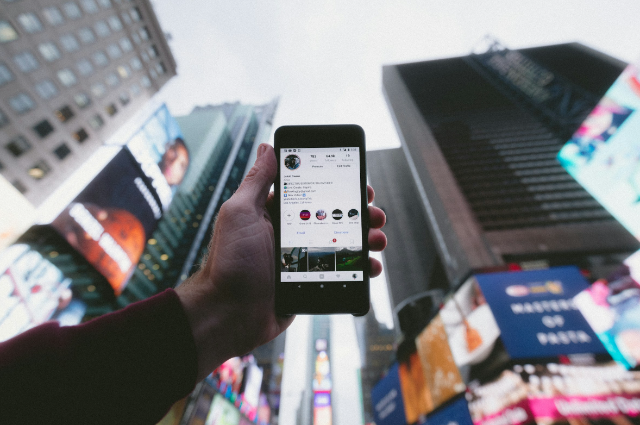
Photo by Jakob Owens on Unsplash
In an age where over 4.7 billion people are connected through social media, its influence on society is undeniable. "Social media is not just an activity; it is an investment of valuable time and resources," says Sean Gardner. As platforms like Facebook, Instagram, Twitter, and TikTok dominate our daily lives, it's crucial to examine both the positive and negative impacts of social media on society.
The Positive Impacts of Social Media
Connectivity and Communication
One of the most significant benefits of social media is its ability to connect people across the globe. Families and friends can maintain relationships despite geographical distances through platforms like Facebook and WhatsApp. Social media also facilitates communication during emergencies, allowing people to quickly check in with loved ones and receive real-time updates. For instance, during natural disasters, social media has proven invaluable for disseminating information and coordinating relief efforts.
Information and Awareness
Social media has become a powerful tool for spreading information and raising awareness on various issues. Movements like #MeToo and Black Lives Matter gained momentum through social media, highlighting issues of sexual harassment and racial injustice, respectively. During the COVID-19 pandemic, social media platforms played a crucial role in disseminating health information and guidelines, helping to keep the public informed and safe.
Opportunities for Businesses and Creators
Social media has revolutionized the way businesses and creators interact with their audiences. Companies use platforms like Instagram and Twitter for marketing, customer service, and brand engagement. Influencers and content creators have turned their social media presence into lucrative careers, reaching millions of followers and collaborating with brands. This new digital economy has opened doors for many to pursue their passions and generate income.
The Negative Impacts of Social Media
Mental Health Issues
Despite its benefits, social media has been linked to various mental health problems. Studies by the Royal Society for Public Health indicate that social media use is associated with increased rates of anxiety, depression, and poor sleep. The constant comparison to others' seemingly perfect lives can lead to feelings of inadequacy and low self-esteem. Additionally, the pressure to maintain an online persona can be overwhelming, especially for younger users.
Misinformation and Fake News
The rapid spread of misinformation on social media is a significant concern. Platforms like Facebook and Twitter can quickly amplify false information, leading to real-world consequences. The 2020 US elections saw a surge in misinformation, which influenced public opinion and undermined trust in the democratic process. Similarly, during the COVID-19 pandemic, misinformation about the virus and vaccines spread widely, complicating public health efforts.
Privacy Concerns
Privacy issues are another major drawback of social media. Users often share personal information without realizing the potential risks. The Cambridge Analytical scandal, where millions of Facebook users' data were harvested without consent for political advertising, highlighted the dangers of data misuse. Social media platforms continue to grapple with privacy concerns and the need to protect users' data.
Balancing the Benefits and Drawbacks
Regulation and Responsibility
To mitigate the negative impacts of social media, regulation and responsible practices are essential. Policies like the General Data Protection Regulation (GDPR) aim to protect users' data privacy. Social media companies also have a responsibility to safeguard user welfare by implementing measures to combat misinformation and protect mental health. This includes fact-checking services, content moderation, and providing resources for mental health support.
Personal Responsibility and Healthy Usage
Individuals can take steps to use social media in a balanced and healthy way. Setting time limits on social media use can help prevent overuse and reduce its negative effects. Engaging in digital detoxes, where one takes a break from social media, can also be beneficial. Additionally, being mindful of the content consumed and shared, and verifying information before sharing, can contribute to a healthier online environment.
